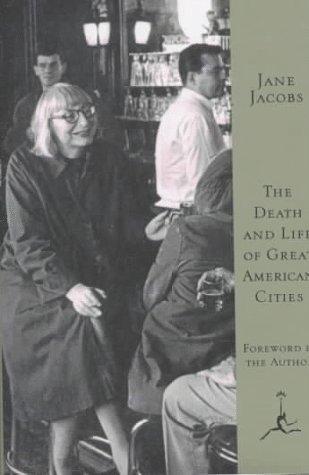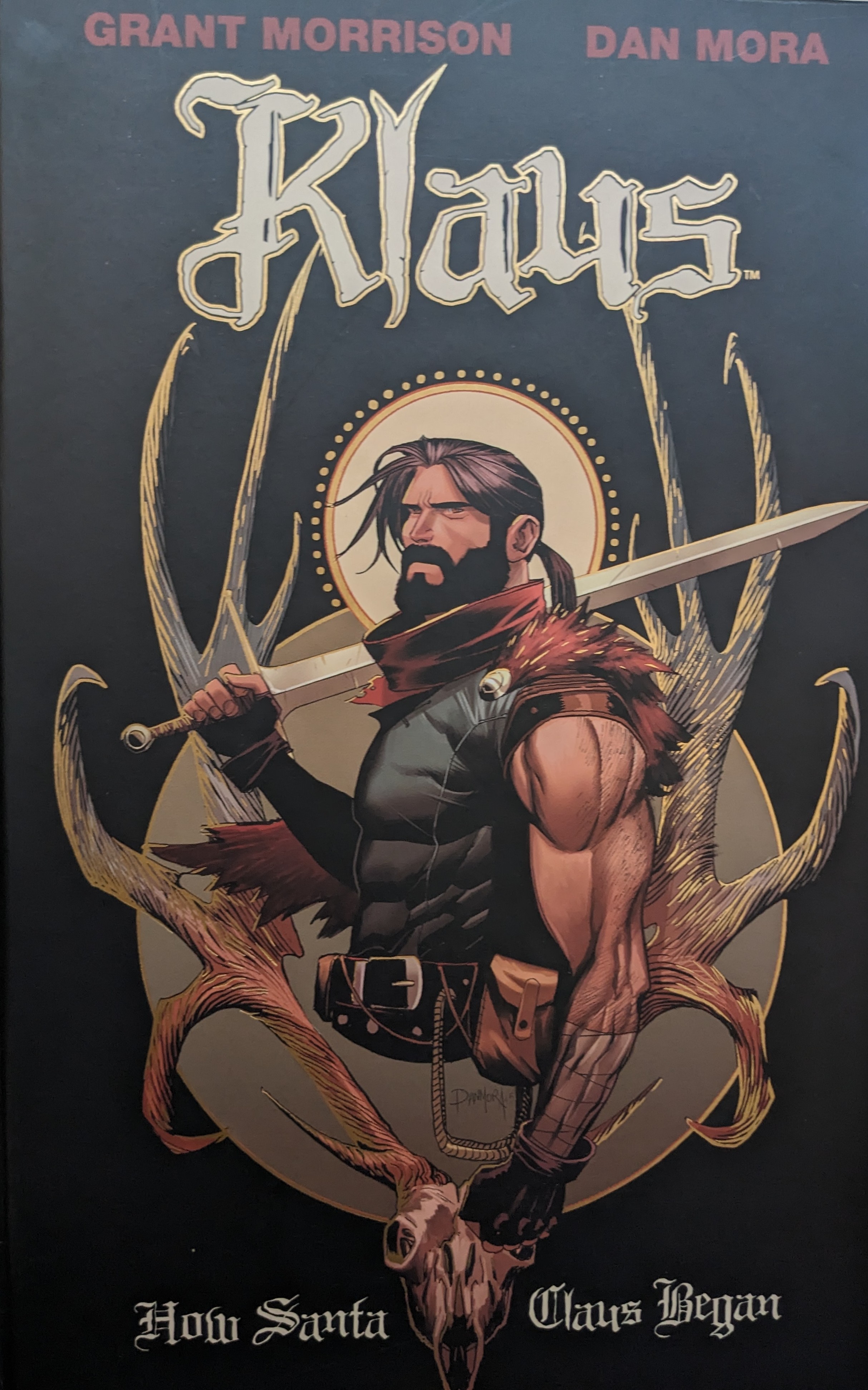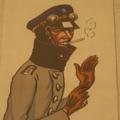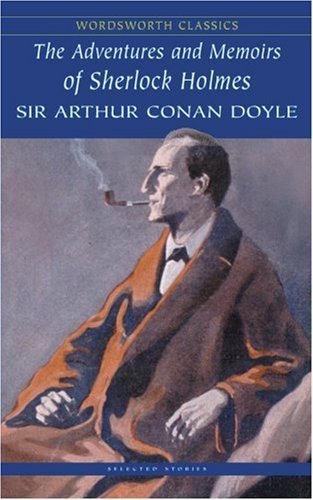Murf reviewed The Formula by Joshua Robinson
Galloping read if a little american
4 stars
Funny and fascinating in equal amounts, this is a great read through the history of F1. The only issue I have is that about three quarters of the way through it reveals it's very US-view of the world. The section on how Liberty Capital had a brainwave to do a netflix series allowing access to the drivers and owners in a way never seen before just doesn't ring true for anyone who's ever watched any of the BBC or ITV coverage from the 80s onwards. It's as if Martin Brundle had never shoved a microphone into Bernie's face to get a quick quote or an acidic comment from Christian Horner before. Never mind the access and encyclopedic knowledge of Murray Walker. I came away with the impression of a lack of research or just a very US centred view. Otherwise, a great read.













